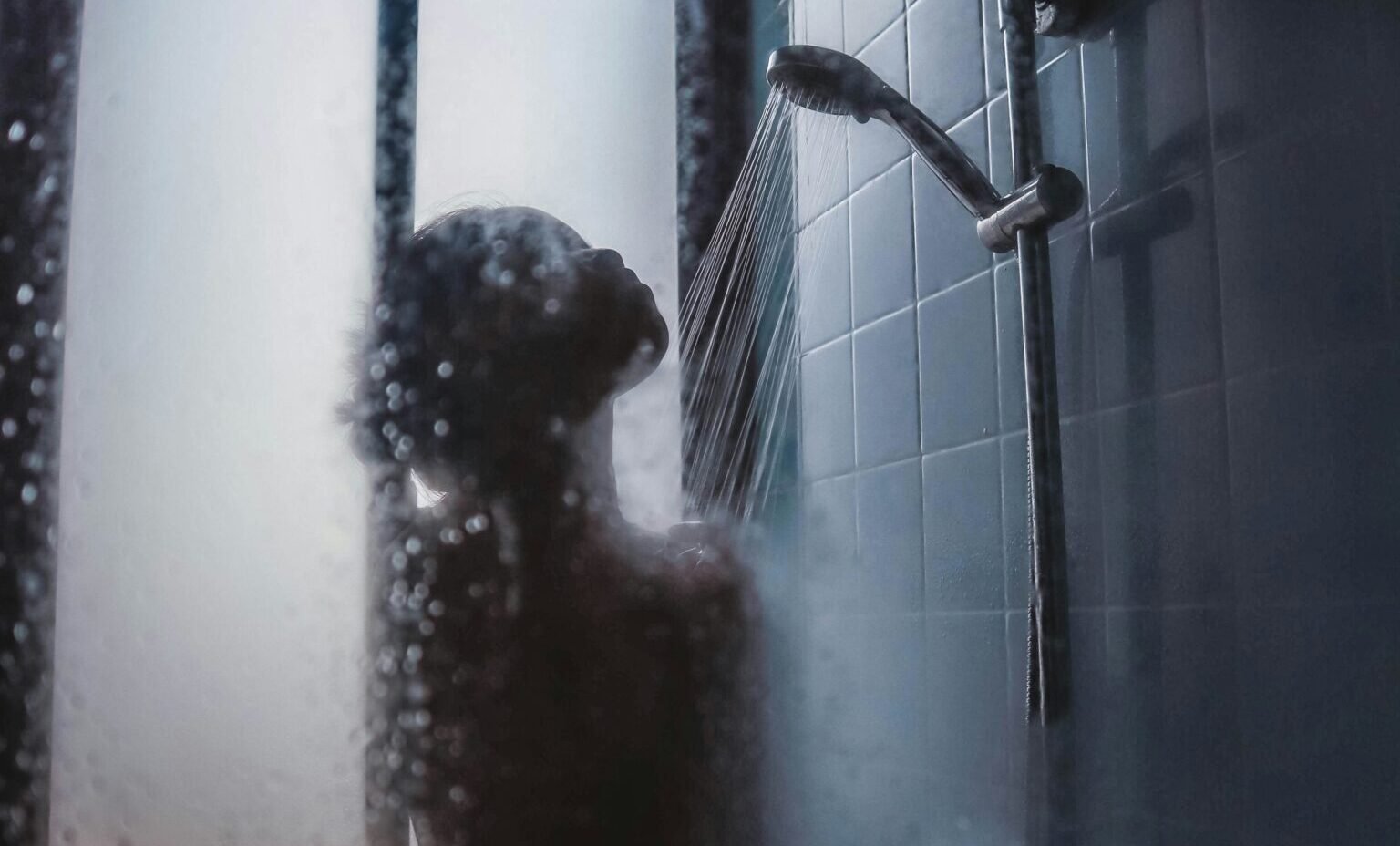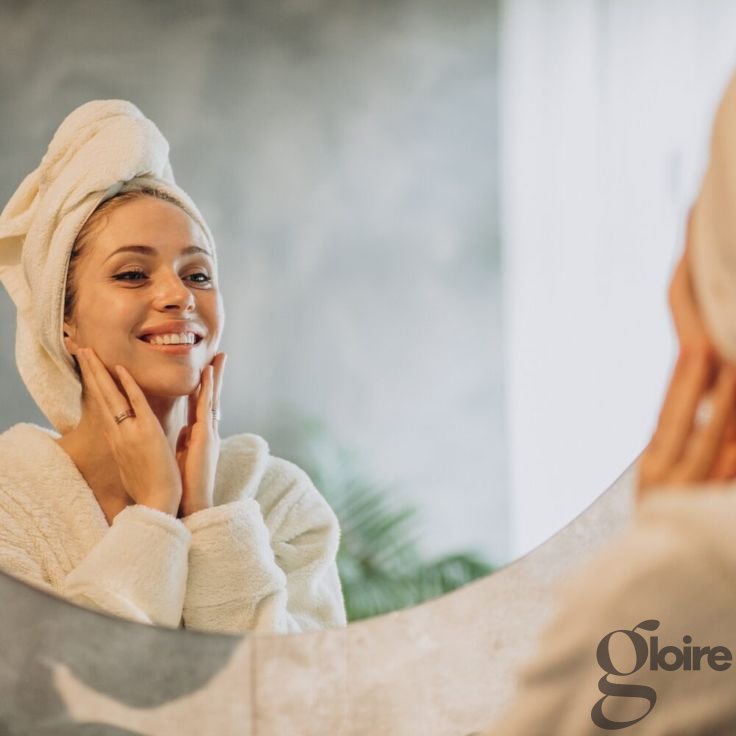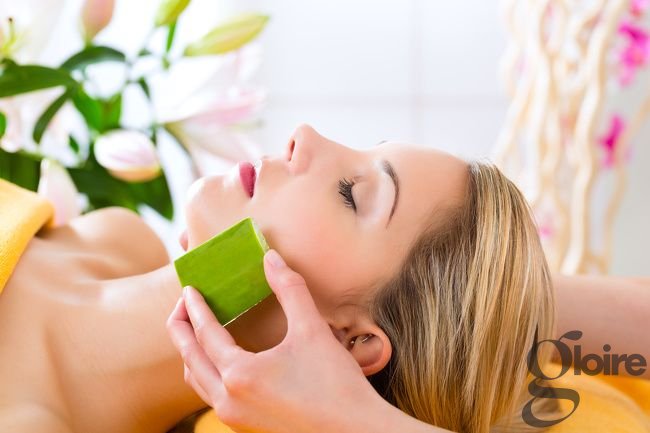How Long Should a Shower Take?
The ideal shower time varies based on factors such as skin type, climate, and water temperature. However, dermatologists generally recommend showers lasting between 5 to 10 minutes to cleanse effectively without over-drying the skin.
Average Shower Time Statistics
- According to studies, the average shower time in the U.S. is approximately 8.2 minutes, using around 17.2 gallons of water.
- Globally, the average time to shower ranges from 5 to 15 minutes, depending on cultural and individual habits.
Benefits of a 10-Minute Shower
- Removes dirt, sweat, and bacteria.
- Prevents skin irritation and infections.
- Conserves water compared to longer showers.
Factors Influencing Shower Duration
1. Skin Type
- Dry Skin: Shorter showers with lukewarm water prevent moisture loss.
- Oily Skin: Slightly longer showers may help unclog pores and remove excess oil.
- Sensitive Skin: A quick, gentle shower is best to avoid irritation.
2. Water Temperature
- Lukewarm water is ideal for preserving natural skin oils.
- Hot water can strip the skin’s natural barrier, leading to dryness.
3. Purpose of Shower
- Quick Hygiene: A 5-minute shower suffices for cleansing.
- Post-Workout Shower: May require up to 10 minutes to remove sweat and bacteria.
- Relaxation: A 15-minute shower can be therapeutic but should be occasional.
Is a 20-Minute Shower Too Long?
Risks of Prolonged Showers
- Skin Health: Prolonged exposure to water, especially hot water, can dry out and irritate the skin.
- Hair Damage: Extended washing can strip natural oils, leading to brittle hair.
- Environmental Impact: A 20-minute shower consumes approximately 50 gallons of water, increasing your water footprint.
Case Study: Environmental Costs
A household of four taking 20-minute showers daily could consume over 73,000 gallons of water annually, significantly impacting water resources.
Tips for Optimal Showering
1. Set a Timer
Use a waterproof timer to keep your shower under 10 minutes. This ensures effective cleaning without wasting water.
2. Use the Right Products
- Opt for gentle, pH-balanced body washes to avoid stripping natural oils.
- Avoid harsh soaps that dry out the skin.
3. Focus on Key Areas
Concentrate on cleansing high-sweat areas like underarms, groin, and feet. This saves time and water while maintaining hygiene.
4. End with a Cold Rinse
A quick cold rinse closes pores and improves circulation, leaving your skin refreshed.
Specialized Showers for Specific Needs
1. Skin Conditions
- Eczema or Psoriasis: Limit showers to 5 minutes with lukewarm water and use hypoallergenic cleansers.
- Acne-Prone Skin: Longer showers (10 minutes) with salicylic acid-based cleansers can help.
2. Hair Treatments
- Shorter showers help preserve treatments like keratin or hair botox.
3. Post-Workout Showers
- Use antimicrobial soaps to prevent fungal infections.
- Spend extra time scrubbing areas prone to sweat buildup.
Environmental and Economic Considerations
1. Water Conservation Tips
- Install low-flow showerheads to reduce water usage by up to 50%.
- Turn off the water while lathering or shampooing.
2. Energy Savings
Shorter showers reduce hot water usage, cutting down on energy bills and carbon emissions.
3. Cost Analysis
The average cost of a 10-minute shower is approximately $0.50, whereas a 20-minute shower doubles the expense. Annual savings from reducing shower time can reach hundreds of dollars.
Conclusion
How long should showers be? The answer lies in balancing hygiene, skin health, and sustainability. A shower lasting 5 to 10 minutes is sufficient for most people, promoting cleanliness without harming the skin or environment. Whether you’re a busy professional or a skincare enthusiast, adopting these tips will help you maintain optimal hygiene and reduce your environmental impact.








